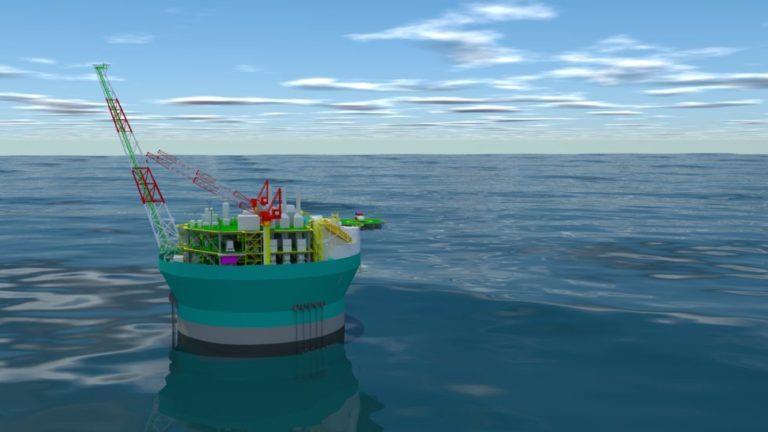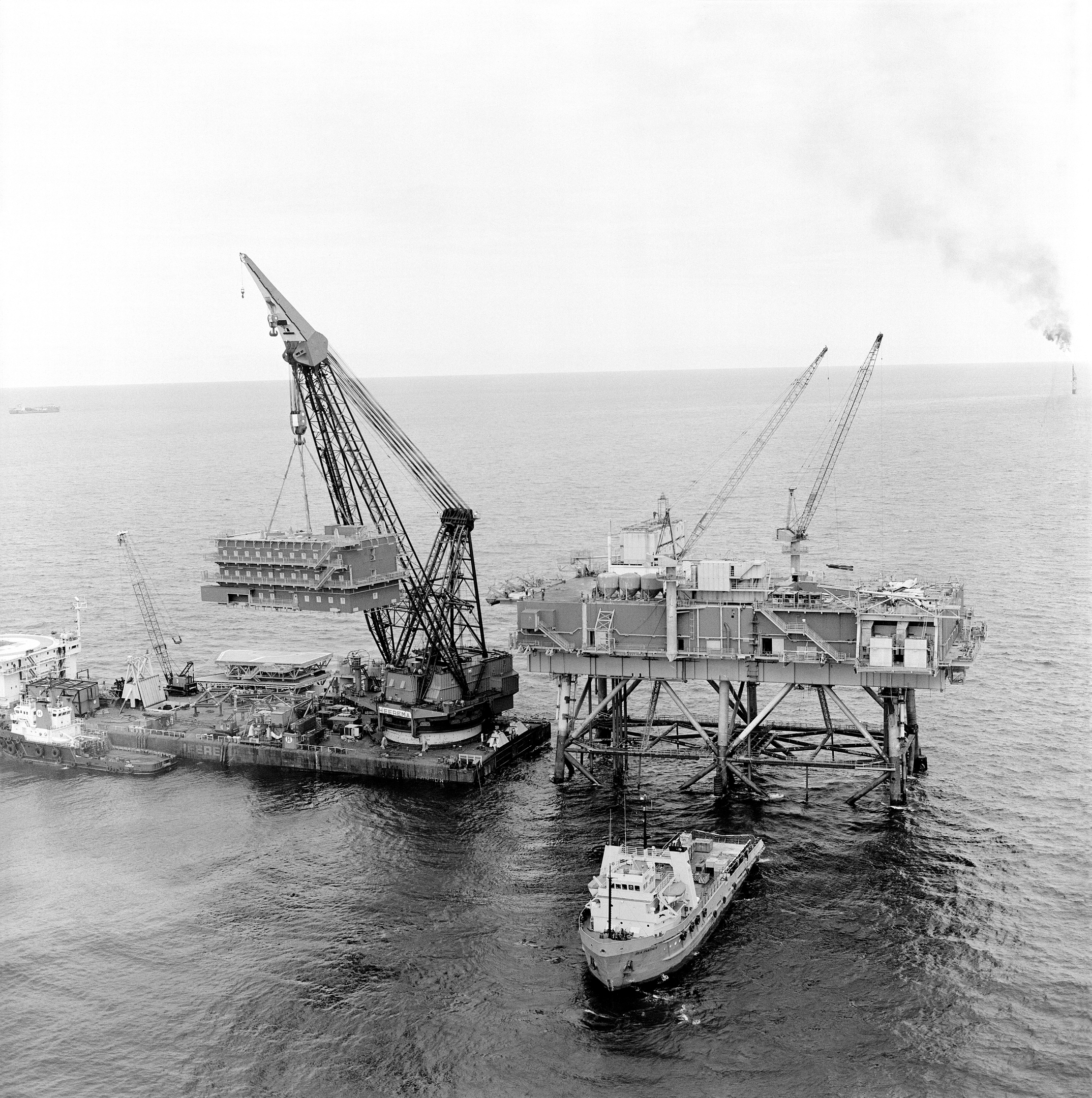
Shell’s shock decision to back out of the contentious Cambo field caps a tough few months for the oil giant, as far as the North Sea goes.
Just two months ago OPRED, the UK regulator, unexpectedly declined to approve the company’s field development plans for the Jackdaw project.
It means the supermajor has to make changes to the North Sea scheme, which has reserves of between 120-250 million barrels of oil equivalent.
Taken together, the Jackdaw blow and Cambo backlash mean Shell (LSE: RDSA) is “likely to see the UKCS as a difficult place to invest”, according to Ashley Kelty, an oil and gas analyst at investment bank Panmure Gordon.
To the surprise of many, and the delight of others, Shell announced last week that it would not progress the Cambo project.
The company said the investment case was “not strong enough”, though many have speculated that the widespread criticism of the scheme may also have played a part.
Mr Kelty said: “It’s quite a shock that Shell have pulled out of Cambo. However, while the green lobby will be delighted, it needs to be seen in the context of the wider sector.
“Given the rhetoric against Cambo, coupled with Shearwater regulatory hassles, Shell is likely to see the UKCS as a difficult place to invest.
“However, given its overall drive to reduce emissions and recent court case in Holland, Shell will simply see Cambo as not material enough to pursue, as it would expect delays over and above any development issues.”
Options for Siccar Point
Cambo is 30% owned by Shell, while the other 70% is held by operator Siccar Point Energy.
It’s not known yet whether Siccar Point will be able to forge ahead with Cambo, but it said last week that it remains “confident about the qualities” of the project.
While rejecting the idea that the project is dead, Mr Kelty says he’s not sure if the company will want to progress Cambo on a “sole risk basis”.
The alternative of finding a partner for the field will be “tough” too though given the “given the high profile nature of the project”.
Decision ‘completely in line’ with Shell’s strategy
Despite the shock at Shell’s decision, Michael Tamvakis, a professor of commodity economics and finance at Bayes Business School, says it’s “completely in line with its strategy”.
He said: “In a presentation earlier this year, Shell outlined how it would reach its net zero target by 2050 and highlighted the importance of new energy and a further push for more gas than oil in its asset portfolio. At the same time, it forecast an annual decline of between one and two per cent in its oil output, with no entry to new frontier projects after 2025.
“With current oil prices high, I think investment in the Cambo field made good economic sense, but expectations about both the role of oil and its price in the future somewhat dampens the strength of this case.
He added: “The Cambo field is only expected to produce around 50 thousand barrels per day (kbpd) when it peaks towards the end of this decade, and the estimated addition of its reserves to Shell may not be worth the negative press it has received and would probably have continued to receive.”
Recommended for you


 © Greenpeace
© Greenpeace